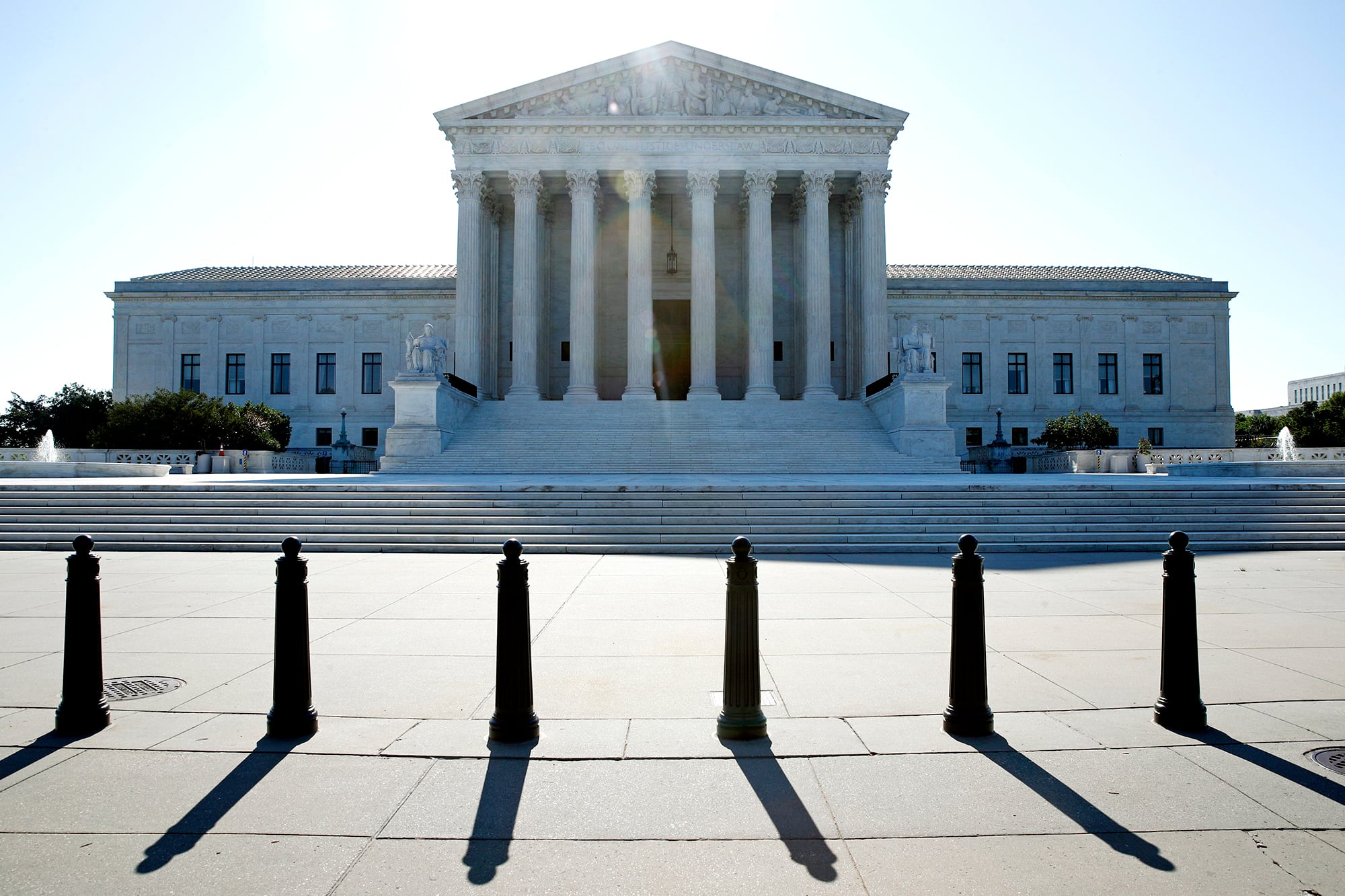The U.S. Supreme Court has unanimously overruled the military’s top appeals court, which had put a five-year statute of limitations on rape cases that occurred between 1986 and 2006.
The ruling, published Dec. 10, does not have a bearing on rape cases outside that window but could open up new prosecutions for past incidents.
The consolidated cases argued before the U.S. Supreme Court in October included the United States v. Briggs, which was combined with two similar rape cases that also fell within the time window.
RELATED

The main case involves Air Force Lt. Col. Michael Briggs, who was convicted of raping a female junior squadron member in 2005. That was combined with two other cases involving Air Force personnel convicted of rape — Lt. Col. Humphrey Daniels, who was convicted of raping a female civilian he met at the gym in 1998 and Master Sgt. Richard Collins who was convicted of raping a female Air Force member enrolled as a student in a course he was instructing in 2000.
Briggs was not convicted of the rape until 2014, after the victim called him the previous year and he admitted he’d raped her. The call was recorded.
Though there had been a nine-year lag between the offense and prosecution, the conviction and sentencing was not considered to face a time limit because the Uniform Code of Military Justice classified some rapes as crimes that could receive the death penalty. Those crimes do not have a statute of limitations in the UCMJ.
But the Supreme Court had ruled in 1977 that the Eighth Amendment’s proscription against cruel and unusual punishment forbids a death sentence for the rape of an adult woman, establishing a precedent for civilian courts.
In 1998 the U.S. Court of Appeals for the Armed Forces, known as the CAAF, ruled that because the rape of an adult should not receive a death penalty, it could not be prosecuted indefinitely. That triggered a new five-year statute of limitation on rape cases that previously had no such limit.
In 2006, Congress amended the UCMJ and abolished the time limit on all rape charges. But in February 2018, CAAF ruled that the amended language created a legal “gray area” that meant cases between 1986 and 2006 would continue to fall within the five-year statute of limitations time window, but new cases would not be subject to the same limit.
Based on that ruling, Briggs then appealed his conviction and won, as did Daniels and Collins.
When both sides met to present their arguments to the high court in October, they focused on how their cases related to the Eighth Amendment to the U.S. Constitution and whether legal precedent during those years held that rape in the military was a crime punishable by death, and therefore a crime that had no statute of limitations according to the Uniform Code of Military Justice, Military Times reported.
The respondent’s attorney, Stephen Vladeck, argued that because civilian legal precedent holds that the death penalty is “disproportionate and excessive” for the rape of an adult, it cannot be considered for the death penalty under the UCMJ. That would then prevent it from falling in the categories of crimes that have no statute of limitations.
In reversing the judgments of the CAAF, the high court remanded the cases of Briggs, Daniels and Collins “for further proceedings consistent with this opinion.”
Todd South has written about crime, courts, government and the military for multiple publications since 2004 and was named a 2014 Pulitzer finalist for a co-written project on witness intimidation. Todd is a Marine veteran of the Iraq War.





